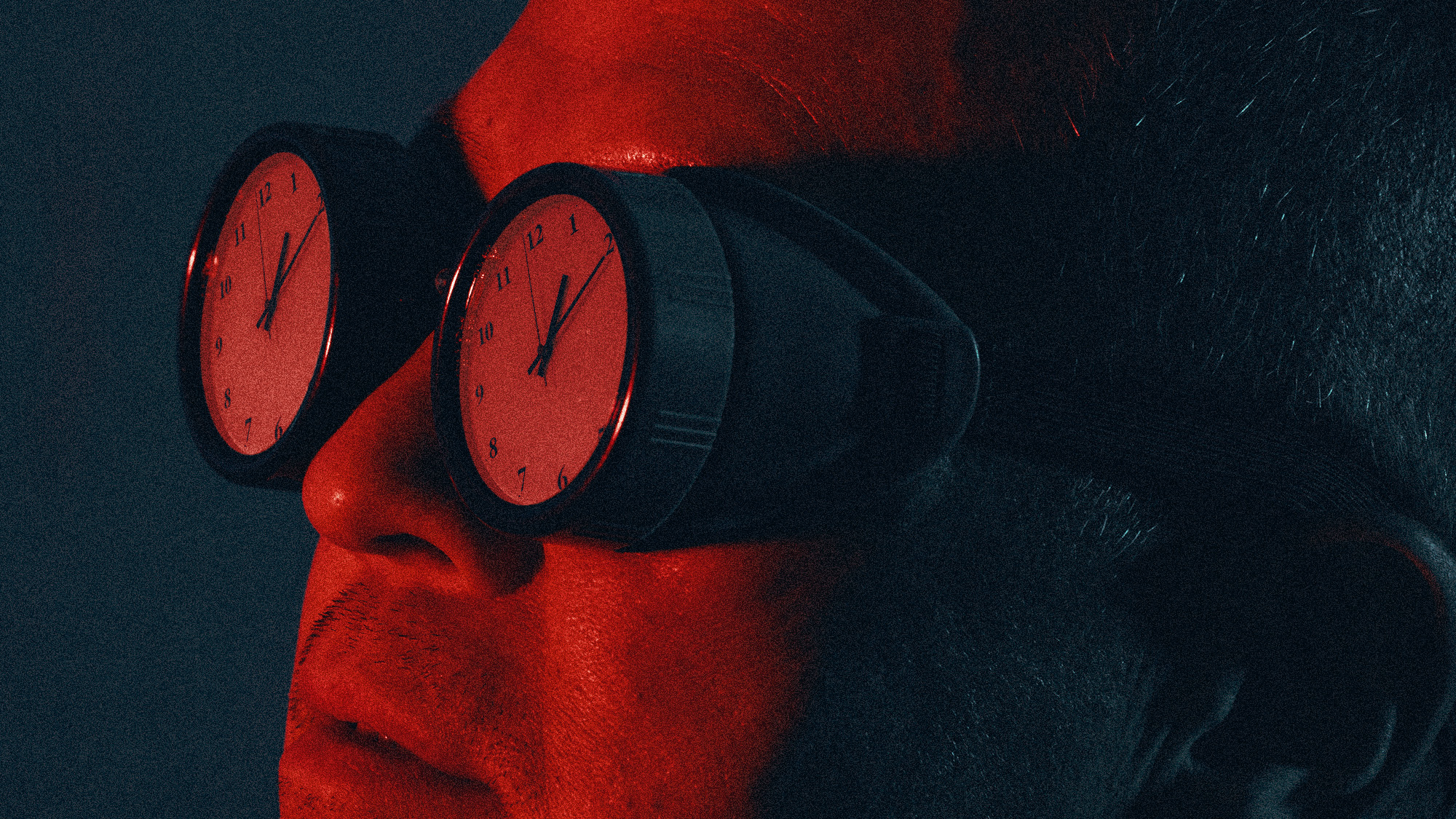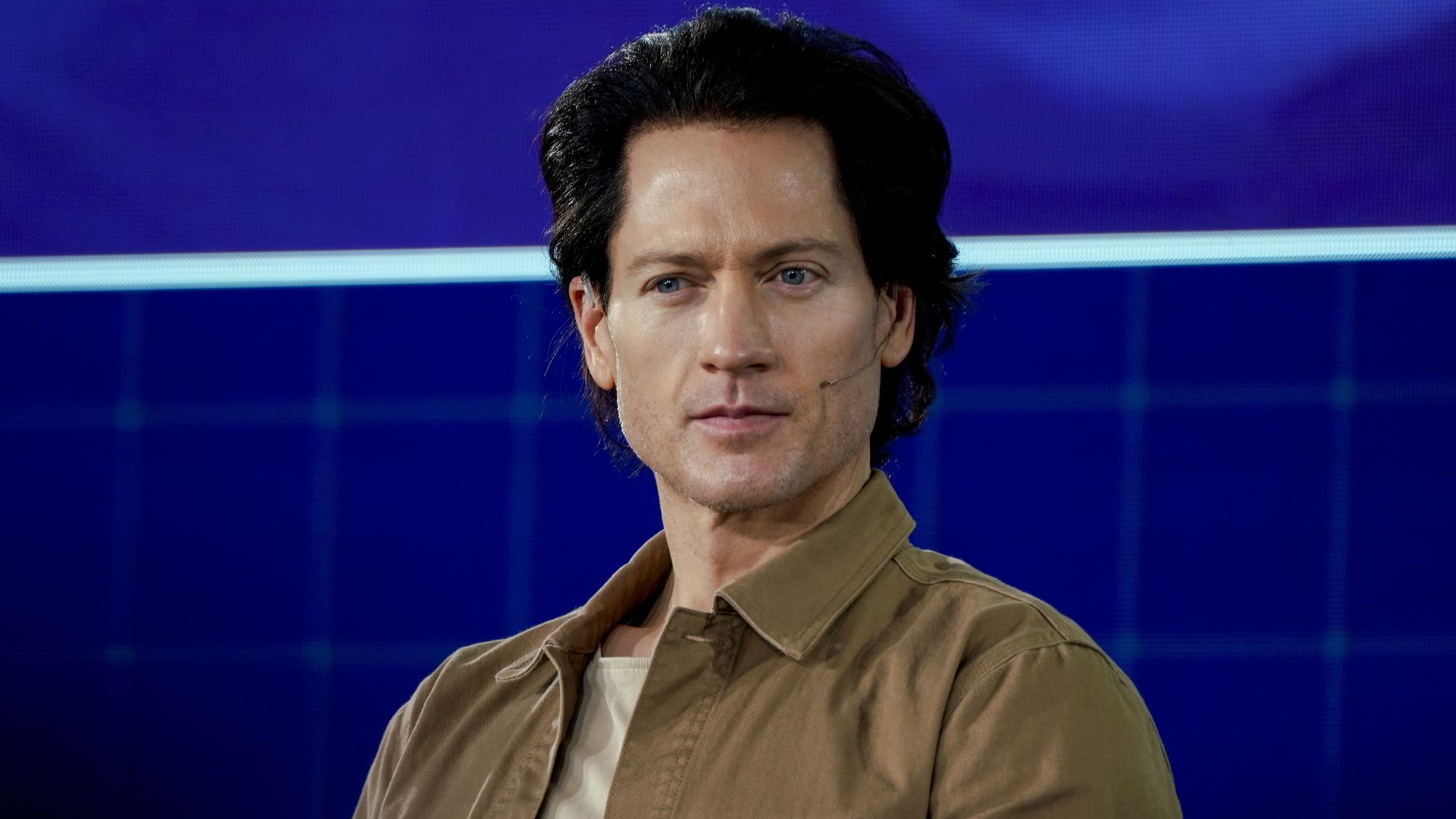Mental health: a case of overdiagnosis?
Issues at 'the milder end of the spectrum' may be getting wrongly pathologised

A free daily email with the biggest news stories of the day – and the best features from TheWeek.com
You are now subscribed
Your newsletter sign-up was successful
Sadness, anger, confusion, infatuation, lack of interest in sex, elation – these have all been normal human emotions since the dawn of time, said Dr Alistair Santhouse in The Mail on Sunday. But I've noticed in my work as a psychiatrist that people are increasingly prone to interpret these and other extreme feelings as evidence of some underlying disorder or syndrome.
In a survey by the National Union of Students a few years back, an astonishing 78% of students claimed to have had a mental health problem in the previous year. In the past five years, the number of Britons contacting mental health services has increased by more than a million; mental ill-health is now the leading cause of people under 44 being off work. One explanation for this could be that mental illness rates are indeed soaring, but it seems more likely that "problems at the milder end of the spectrum" are being wrongly pathologised.
"Overdiagnosis" is the "new culture-war buzzword of choice", said Rhiannon Lucy Cosslett in The Guardian. The Health Secretary Wes Streeting has invoked it, and a spate of new books has fuelled a debate along the lines of: "Bloody everyone has a label these days, don't they?" While it's a valid argument, it's unpleasant to see it being deployed by politicians to justify punitive cuts to vital welfare payments, and by "culture warriors" to cast indiscriminate doubt on diagnoses. It can take years for people even to secure an autism assessment. "No one is simply 'slapping' an autism diagnosis on anybody, at least not in the NHS."
The Week
Escape your echo chamber. Get the facts behind the news, plus analysis from multiple perspectives.

Sign up for The Week's Free Newsletters
From our morning news briefing to a weekly Good News Newsletter, get the best of The Week delivered directly to your inbox.
From our morning news briefing to a weekly Good News Newsletter, get the best of The Week delivered directly to your inbox.
It's unfair to suggest that doctors are adding to pressures on the NHS by overdiagnosing mental health problems, agreed Dr Ammad Butt in The Independent. It's true, though, that some conditions, such as ADHD, have become unduly prevalent. A few years ago, a BBC "Panorama" documentary showed just how easy it was to get a diagnosis of ADHD at a private clinic. A lot of people have good reason to feel unhappy in today's unequal society, and given the ease with which you can now search online and self-diagnose, this has understandably "led to more patients than ever believing they have mental health problems".
It's understandable, but it's a trend that must be resisted, said Hadley Freeman in The Sunday Times. For too many people, a mental health diagnosis becomes "a sick note from life" that surrenders their sense of agency. Those with severe problems absolutely require help, but we must beware of "infantilising" the less afflicted. "Removing the stigma of mental distress should not mean fetishising it. A society that refuses to make that distinction is a society that is sick, and not in the way it thinks."
A free daily email with the biggest news stories of the day – and the best features from TheWeek.com
-
 Political cartoons for February 15
Political cartoons for February 15Cartoons Sunday's political cartoons include political ventriloquism, Europe in the middle, and more
-
 The broken water companies failing England and Wales
The broken water companies failing England and WalesExplainer With rising bills, deteriorating river health and a lack of investment, regulators face an uphill battle to stabilise the industry
-
 A thrilling foodie city in northern Japan
A thrilling foodie city in northern JapanThe Week Recommends The food scene here is ‘unspoilt’ and ‘fun’
-
 ‘Longevity fixation syndrome’: the allure of eternal youth
‘Longevity fixation syndrome’: the allure of eternal youthIn The Spotlight Obsession with beating biological clock identified as damaging new addiction
-
 Growing a brain in the lab
Growing a brain in the labFeature It's a tiny version of a developing human cerebral cortex
-
 Time blindness: is being late a disorder?
Time blindness: is being late a disorder?In The Spotlight Understanding the cause of chronic tardiness can save a relationship
-
 Health: Will Kennedy dismantle U.S. immunization policy?
Health: Will Kennedy dismantle U.S. immunization policy?Feature ‘America’s vaccine playbook is being rewritten by people who don’t believe in them’
-
 RFK Jr. sets his sights on linking antidepressants to mass violence
RFK Jr. sets his sights on linking antidepressants to mass violenceThe Explainer The health secretary’s crusade to Make America Healthy Again has vital mental health medications on the agenda
-
 Obesity drugs: Will Trump’s plan lower costs?
Obesity drugs: Will Trump’s plan lower costs?Feature Even $149 a month, the advertised price for a starting dose of a still-in-development GLP-1 pill on TrumpRx, will be too big a burden for the many Americans ‘struggling to afford groceries’
-
 Ultra-processed America
Ultra-processed AmericaFeature Highly processed foods make up most of our diet. Is that so bad?
-
 The quest to defy ageing
The quest to defy ageingThe Explainer Humanity has fantasised about finding the fountain of youth for millennia. How close are we now?